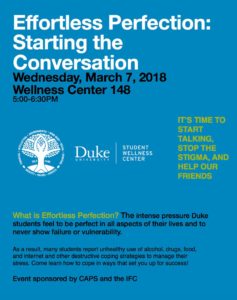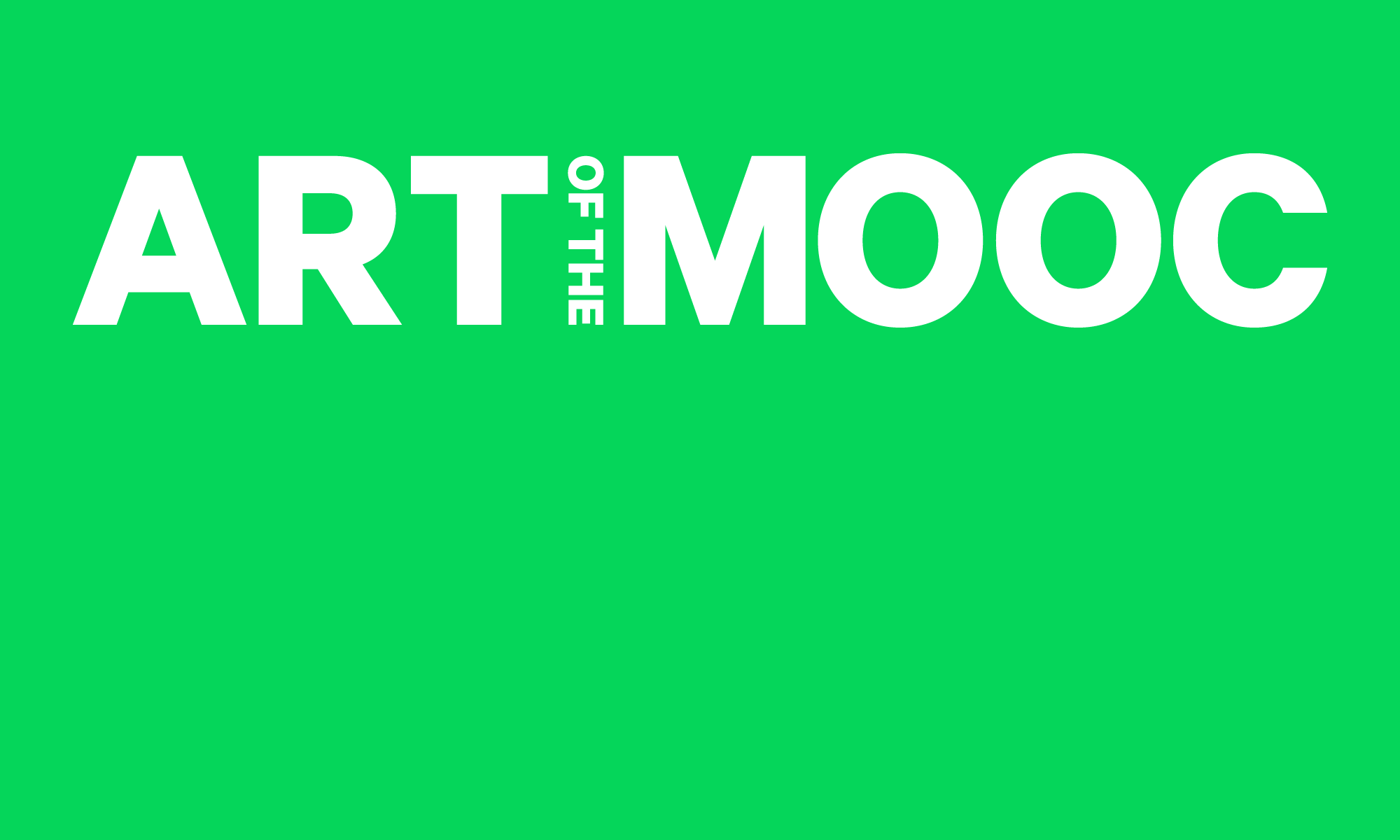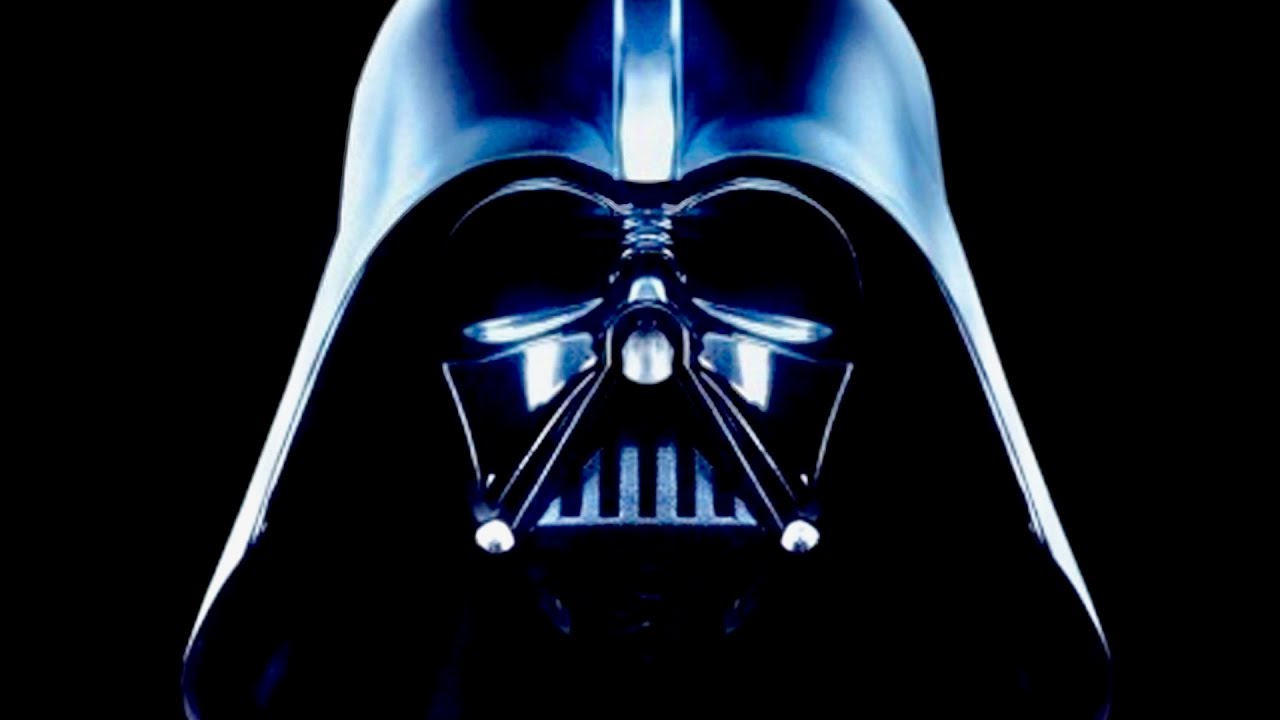The MOOC explores explores the relationship between Humans and non-humans, the living and the dead, which similarly relate to the idea of either being a different human or hiding the type of human that you are. That is the purpose of a mask: to hide the characteristics that provide your unique embodied knowledge and possibly take on a new persona.
The concept of social masks is prevalent in todays society, especially among youth and Duke students are no exception. The issue with social masks was first identified on Duke’s campus in 2003 with a term coined “effortless perfection”. The term refers to the pressure that Duke students feel to perform perfectly in every area of their life, never showing failure or vulnerability. This feeling leads to coping strategies to manage stress that are harmful to the individual and implementation of these “masks” that make one appear as though everything is ok.
Recently, the issue has been addressed more seriously as the community is realizing the negative effects of people wearing these masks all the time. Students are stressed, anxious, unhealthy, lacking confidence, and depressed. This has led campus to action. In one of my classes last semester, a group produced a short documentary on the issue, which explained the phenomena and encouraged students to start conversing about the issue. Now, I believe a social movement on campus is starting. I just heard of a discussion based workshop sponsored by Duke Wellness coming up about effortless perfection. Just as Darth Vadar used a mask to hide his “ugliness”, we use masks to hide our insecurities and flaws, which lends to a high-strung unauthentic culture. Thankfully, action steps are being taken to make a change.



